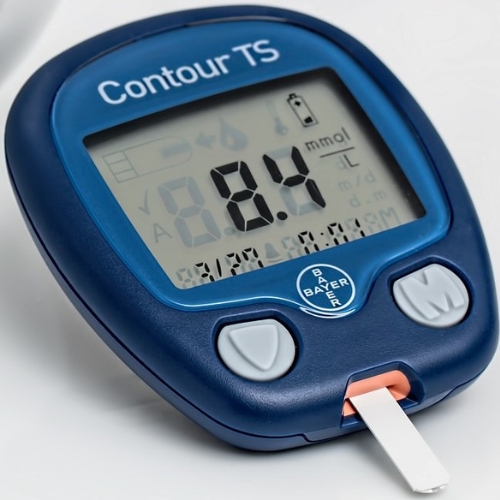Key points from article :
Scientists have developed a new type of insulin, called "smart insulin," that responds to blood sugar levels in real-time, potentially transforming treatment for type 1 diabetes.
Currently, people with this condition must inject insulin up to ten times a day to manage their blood sugar levels, which can lead to both physical and mental health challenges. The new smart insulin remains inactive until needed, activating only when blood sugar levels are high and deactivating when they drop, thus reducing the need for frequent injections.
Research teams from the US, Australia, and China have created these glucose-responsive insulins (GRIs), which could allow patients to manage their diabetes with just one injection per week in the future. The development of these insulins has been accelerated with nearly £3 million in grants from the Type 1 Diabetes Grand Challenge, supported by organizations like Diabetes UK and JDRF.
The projects, including those from Stanford University, Monash University, and Zhejiang University, aim to fine-tune these smart insulins to act more quickly and accurately. This research also includes developing ultrafast insulins and combining insulin with glucagon to better manage blood glucose levels.
Experts believe that if successful, these advancements could drastically improve the quality of life for people with type 1 diabetes by easing the daily burden of managing the condition. The results and progress of these projects are eagerly anticipated as they promise significant improvements in diabetes care.









